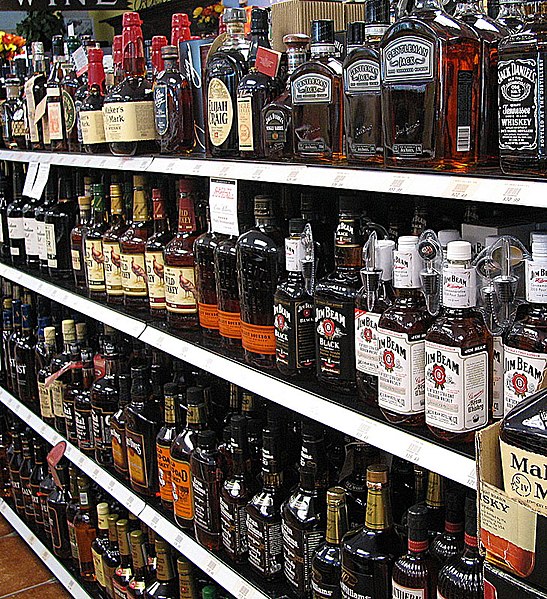
The UK inflation rate has unexpectedly risen due to significant increases in tobacco and alcohol prices, according to the Office for National Statistics (ONS). The Consumer Prices Index (CPI)
inflation rate climbed to 4% in December, up from 3.9% in November, marking the first increase since February 2023. Economists, who largely anticipated a drop to 3.8%, were taken aback by this unexpected uptick.
Grant Fitzner, ONS chief economist, explained that the rise in tobacco prices was a result of recent duty increases, partially offset by a notable decline in food inflation. Despite a sharp fall in food and fuel prices, the impact of increased tobacco duty and higher alcohol costs contributed to the unexpected inflation surge.
Chancellor Jeremy Hunt acknowledged the increase, stating that inflation "does not fall in a straight line." He emphasized that the government's plan was effective, drawing parallels with inflation trends in other countries like the US, France, and Germany. Hunt affirmed the need to stick to the established course, highlighting the government's commitment to controlling borrowing and fostering growth with competitive tax levels.
In contrast, Shadow Chancellor Rachel Reeves expressed concern, stating that any rise in inflation is detrimental to families already affected by economic challenges. She emphasized the ongoing increase in prices, with the average weekly shop now £110 more than before the last general election. Reeves criticized Rishi Sunak's tax plan, projecting that the average family could be £1,200 worse off. Asserting that Britain cannot endure further economic failure, she emphasized that only Labour could deliver the necessary change to improve the situation for working people. Photo by Decatur Wine & Spirits, Wikimedia commons.




































